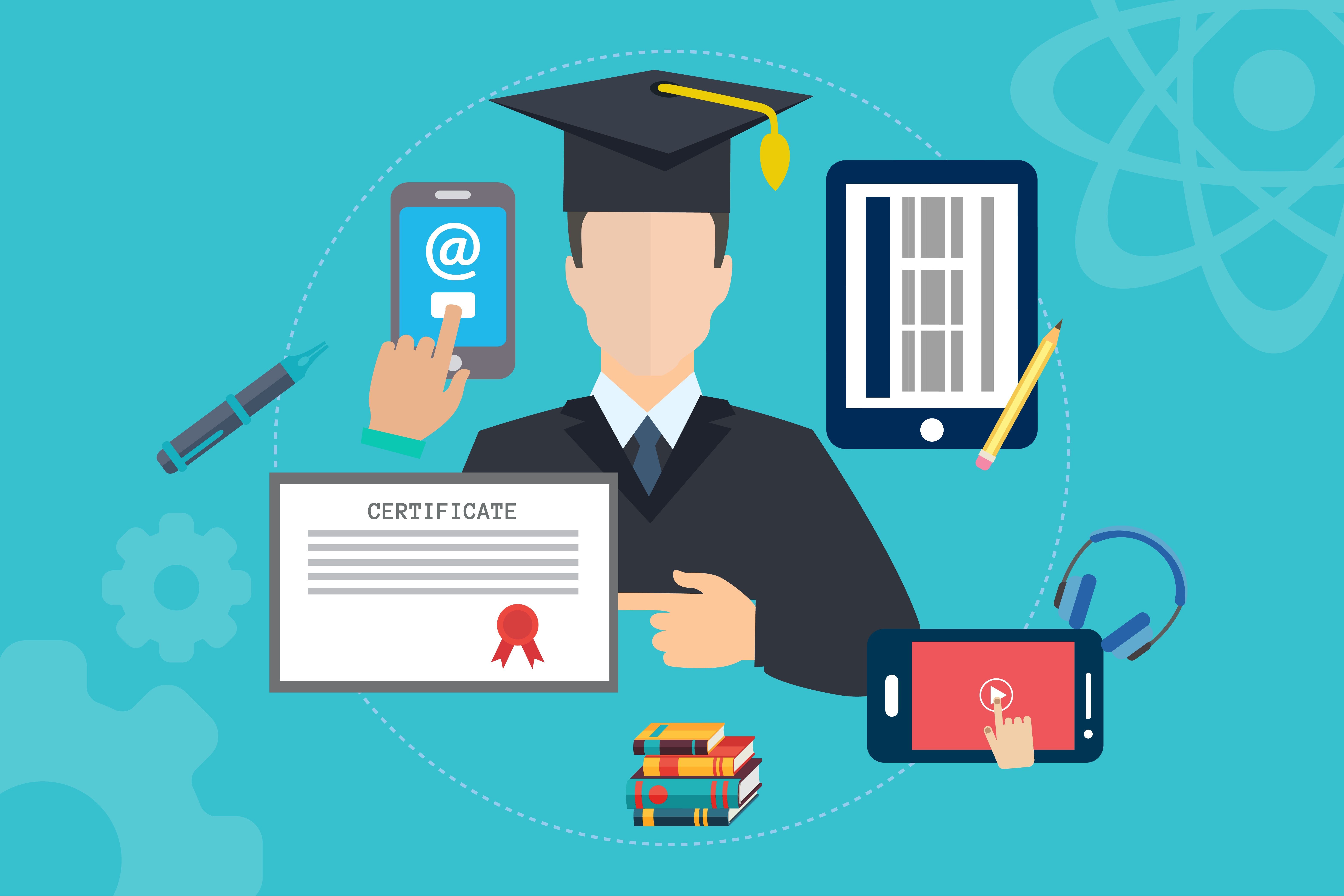
As the seriousness of the novel coronavirus has become more apparent and schools have shut down, parents and students are left to navigate the world of virtual learning.
With virtual learning as the new norm, will it change the longstanding classroom model of education? This is one question addressed by Stephen L. Carter, professor of law at Yale University in his opinion column for Bloomberg on March 12, 2020: “I find myself wondering whether our students will discover what many of us secretly fear: that the classroom isn’t really necessary for learning.”
Carter poses: “When young people stay home, watching the teacher on a computer screen, they are likely to be doing other things, too… Perhaps the conclusion that internet use interferes with learning is itself an artifact of the classroom model. How do we know that freedom to browse interferes with learning? … Written examinations of some sort remain the standard for determining classroom performance. So when we say that the internet interferes with learning, what we really mean is that it causes students to perform less well on tests.”
“But suppose, as many scholars argue, the notion of the “test” is itself outdated… At the very least, the closed-book examination is arguably a holdover from the days when the ability to remember was most important. If you look at the world outside the classroom, however, memory retrieval is becoming much less important than skill at getting a digital device to tell you what you need to know… I don’t expect the traditional classroom model to vanish in my lifetime. But right now the whole world is experimenting with a different method of instruction, and that experiment is bound to cast further doubt on how we’ve been teaching for centuries.”
Barriers to the Virtual Classroom
In a March 18th broadcast, Evan McMorris-Santoro, CNN correspondent, sees some stumbling blocks with online learning for K-12 students: 1. Equal access to the internet, 2. Maintaining student focus, and 3. Social and emotional learning.
A parent interviewed by Caitlin O’Kane, CBS News Digital Content Producer, on March 18th, expressed she “needed more time to prepare” for school closing. She experienced “overwhelming anxiety because I was not mentally or physically prepared.”
Newsweek had a piece: Parents on Twitter Vent About Homeschooling Now that Schools are Closing for Who Knows How Long (Kelly Wynne, March 17, 2020). “In the midst of their lifestyle change, parents have begun sharing on Twitter their odd new schedules, their honest thoughts on homeschooling and their gratitude for teachers. It seems parents have a few different approaches for how to handle all the free time, and study time, with their children. It's made some parents put together strict and detailed guides for what their days should ensure. Others wrote about less scheduled and less supervised improvisations for their extended time with the kids.”
Online Resources for Parents
In the March 19th New York Times article, Schools Are Closing for Coronavirus. Now What?, author Marisa Porges offers some online resources for parents: Khan Academy, a site with hundreds of videos and online tutorials for K-12 students across a variety of subjects; Bill Nye the Science Guy and Code.org, which focus on science and computer science respectively and offer both lessons and hands-on projects; or the BrainPOP or National Geographic Kids websites, which have educational lessons for younger children. These and many other resources are readily accessible, largely free of charge and can often be downloaded for use offline.
In general it seems that parents are anxious about this change, but glad to have their children home safe. Sticking to a routine seems to be most important, giving kids the stability they feel at school.



